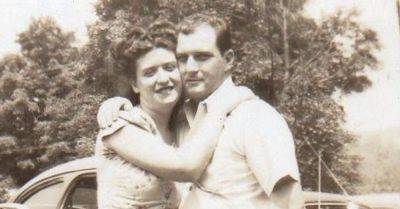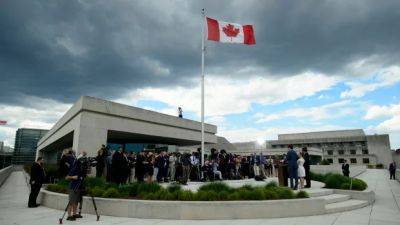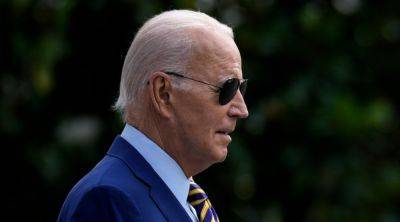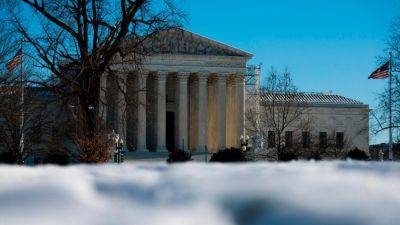Joseph Hendrie, 98, Dies; Key Figure in the Three Mile Island Crisis
Joseph M. Hendrie, a physicist who led the Nuclear Regulatory Commission during the country’s worst nuclear power accident, at Three Mile Island — a mishap that chilled Americans’ trust in nuclear energy for decades — died on Dec. 26 at his home in Bellport, N.Y., on Long Island. He was 98.
His daughter Barbara Hendrie confirmed the death.
An expert in nuclear reactor safety, Dr. Hendrie was chairman of the commission on March 28, 1979, when a commercial reactor located on an island in the Susquehanna River in Pennsylvania experienced a sudden loss of cooling water and a partial meltdown of its radioactive fuel.
Two days later, on Dr. Hendrie’s advice, the governor of Pennsylvania ordered the evacuation of pregnant women and preschool children within five miles of the area.
Minimal radioactivity was released, and there were no immediate deaths. But official miscommunication and lingering confusion over the severity of the threat inflamed a long-running national debate about nuclear safety. Movie theaters that year were showing “The China Syndrome,” a hit thriller about a nuclear plant disaster. Nearly 200,000 protesters turned out in New York City six months after Three Mile Island for an antinuclear rally.
Dr. Hendrie, who was appointed by President Jimmy Carter in 1977 to lead the Nuclear Regulatory Commission, the government agency in charge of nuclear power safety, came in as a proponent of nuclear energy, criticized by environmentalists as too supportive of the industry.







